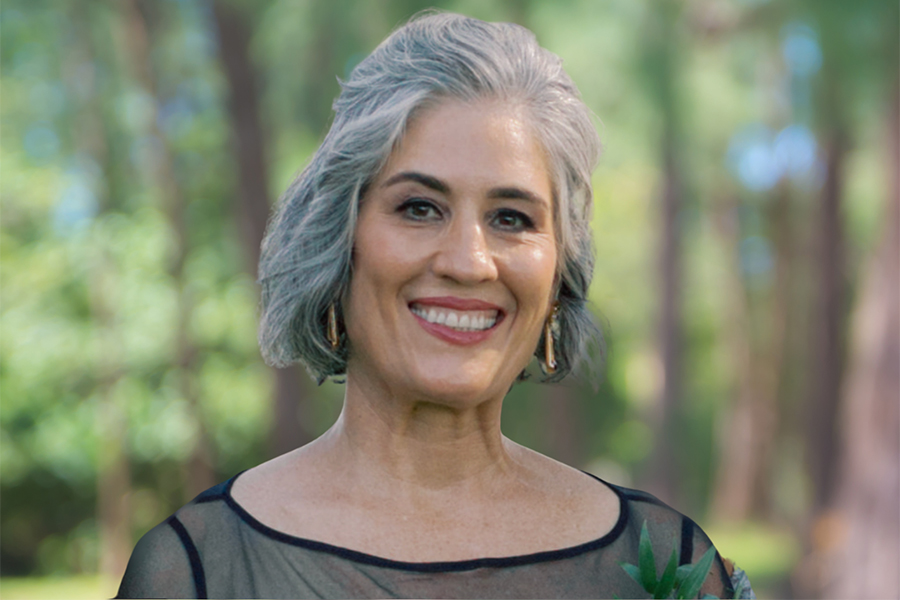Florida State University expert on opioid recovery available to provide perspective on latest CDC report

Florida State University’s Ellen Piekalkiewicz, a leading expert in public policy, legislative and governmental affairs and disability rights in the College of Social Work, is available for interviews on the latest Centers for Disease Control and Prevention report that showed the lowest levels of drug overdose deaths in five years.
Piekalkiewicz is the director of the Stoops Center for Communities, Families, and Children. She is experienced as an educator in addressing opioid recovery in patients, operating the Southeast Rural Opioid Technical Assistance Regional Center that provides outreach to rural communities in the region.
“Outreach and education are foundational public health tools that play a critical role in reducing opioid overdose deaths,” Piekalkiewicz said. “At the Stoops Center, we understand that many individuals, families and communities face barriers to knowledge about the risks of synthetic drugs — especially highly potent ones like fentanyl. Education campaigns that inform people about the dangers of adulterated street drugs, which are often laced with fentanyl, as well as the availability of overdose prevention methods such as naloxone and the importance of medication-assisted treatment (MAT) have helped shift public perception, reduce stigma and promote safer behaviors.”
Media interested in discussing the CDC report with Piekalkiewicz can contact her via email at epiekalkiewicz@fsu.edu.
Ellen Piekalkiewicz, director of the Stoops Center for Communities, Families, and Children, College of Social Work
Are there other areas that need to be addressed or deserve more attention in order to continue this trend of declining overdose deaths?
While progress has been made, several key areas require sustained and intensified focus:
- Access to Holistic and Culturally Responsive Treatment
Not all communities have equitable access to MAT or recovery support. Marginalized populations often face systemic barriers. Expanding services to be culturally competent, trauma-informed and affordable is crucial.
- Co-occurring Mental Health Disorders
Many individuals with substance use disorder also live with untreated anxiety, depression, PTSD or trauma histories. Integrated care models that address both mental health and substance use are essential.
- Housing and Employment Stability
Long-term recovery often hinges on social determinants of health. Increasing supportive housing, employment training and transportation services can stabilize individuals and reduce relapse risk.
- Youth Prevention and Early Intervention
Educating youth on substance misuse, helping them build protective factors and intervening early in at-risk environments is vital to prevent new waves of addiction.
- Criminal Justice Reform
More attention is needed to divert individuals from incarceration to treatment and to support reentry with care continuity for those with substance use disorder.
How does the College of Social Work contribute in opioid recovery and treatment?
The FSU College of Social Work, including through the Stoops Center, plays a multifaceted and leadership role in combating the opioid epidemic:
- Workforce Development and Training
We train future social workers, clinicians and community leaders in evidence-based practices for substance use disorder treatment, recovery coaching and systems navigation. Our emphasis on field placements in addiction recovery services strengthens both the workforce and service delivery.
- Community Partnerships
We collaborate with health departments, nonprofits and justice systems across Florida to implement and evaluate opioid recovery initiatives, including peer support networks, MAT expansion and community outreach projects.
- Advocacy and Stigma Reduction
Our programs emphasize person-first language, anti-stigma education and harm reduction education and shifting the public narrative on addiction.
The post Florida State University expert on opioid recovery available to provide perspective on latest CDC report appeared first on Florida State University News.






